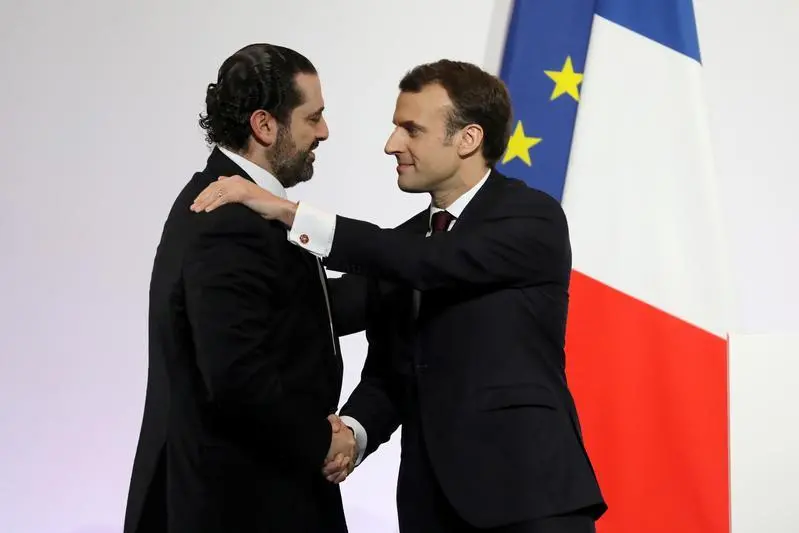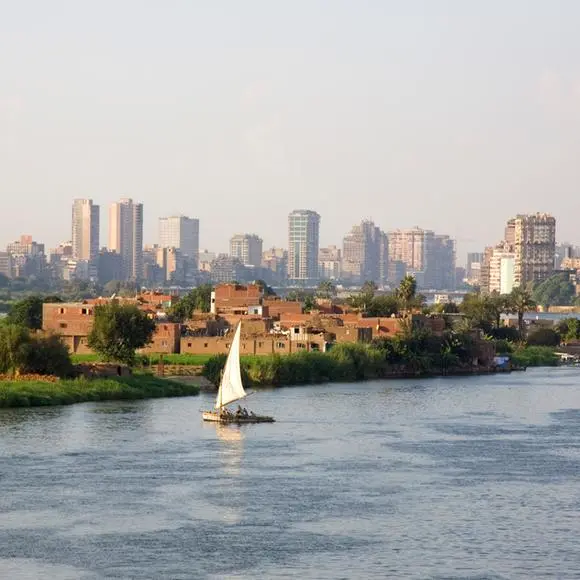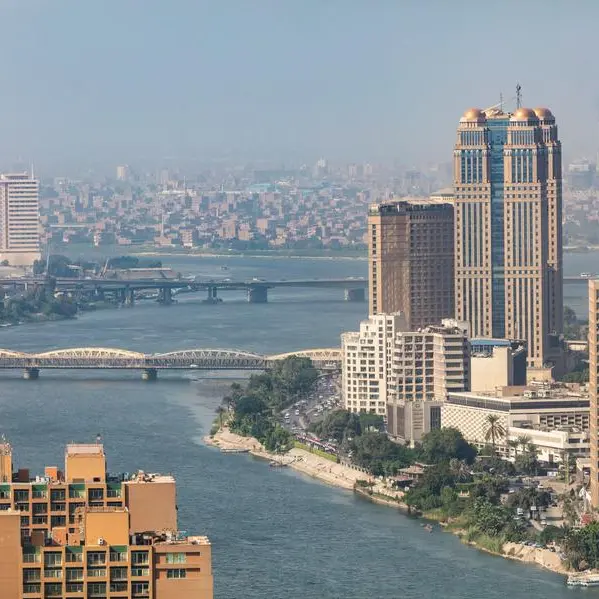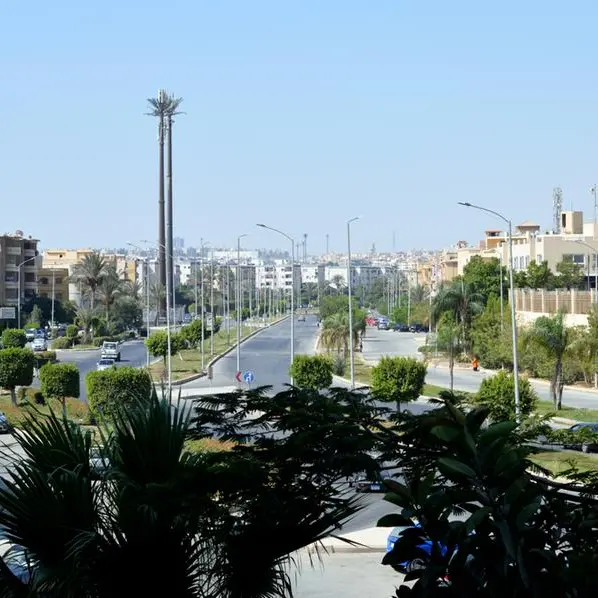PHOTO
PARIS - Lebanon won aid pledges exceeding $11 billion on Friday at a Paris conference aimed at rallying international support for an investment programme to boost its economy, French President Emmanuel Macron said.
The pledges include $10.2 billion in loans and $860 million in grants, France's ambassador to Lebanon Bruno Foucher said on Twitter.
Lebanon, which has been battered by seven years of war in neighbouring Syria and is hosting more than a million Syrian refugees, wants the funds for investment to overhaul its infrastructure and lift dwindling economic growth.
Donors in turn want to see Lebanon commit to long-stalled reforms. In a nod to those demands, Prime Minister Saad al-Hariri pledged to reduce the deficit of the budget as a percentage of GDP by 5 percent in the coming five years.
Macron told Hariri in a news conference the aid aimed to give Lebanon a fresh start, adding that it put "an unprecedented responsibility" on authorities there to carry out reforms and preserve peace in the country.
"It is important to continue reforms in the coming months," Macron said, adding: "We'll be by your side."
Lebanese officials said the aid included $4 billion in World Bank loans, 1.1 billion euros ($1.35 billion) in loans from the European Bank for Reconstruction and Development, and the renewal of a previously pledged $1 billion credit line from Saudi Arabia.
"It's a start of a new process to modernise our economy, renovate our infrastructure and free up the private sector's potential," Hariri said. Growth in Lebanon has sunk to less than 1 percent from a previous average of 8 percent, he said.
The Lebanese parliament last week passed a 2018 budget that projects a narrower deficit than in 2017. Standard Chartered, in a research note, called the budget a "positive sign".
The Paris conference, convening 50 countries and organisations, including Saudi Arabia, United States, Russia and Qatar, decided to set up a follow-up mechanism to track progress towards reform.
The International Monetary Fund said in February that Lebanon's fiscal policy needed a consolidation plan that stabilised debt and then began to reduce it.
Diplomats have said Lebanon's success in attracting international support from donors and the private sector will hinge on reforms.
"Lebanon needs significant investments to upgrade its basic infrastructure, which today no longer allows it to provide all these citizens with essential public services in good conditions," French Foreign Minister Jean-Yves Le Drian told the conference.
"On the other hand, Lebanon needs major reforms of its economy, structural and sectoral."
He said France would provide 400 million euros in concessionary loans and 150 million euros in donations for Lebanon, which is still rebuilding from its 1975-90 civil war. ($1 = 0.8174 euros)
(Reporting by John Irish in Paris and Laila Bassam in Beirut; Writing by Tom Perry and Ingrid Melander; editing by Andrew Roche) ((mailto:john.irish@thomsonreuters.com; 0033-1 49 49 53 42;))




















